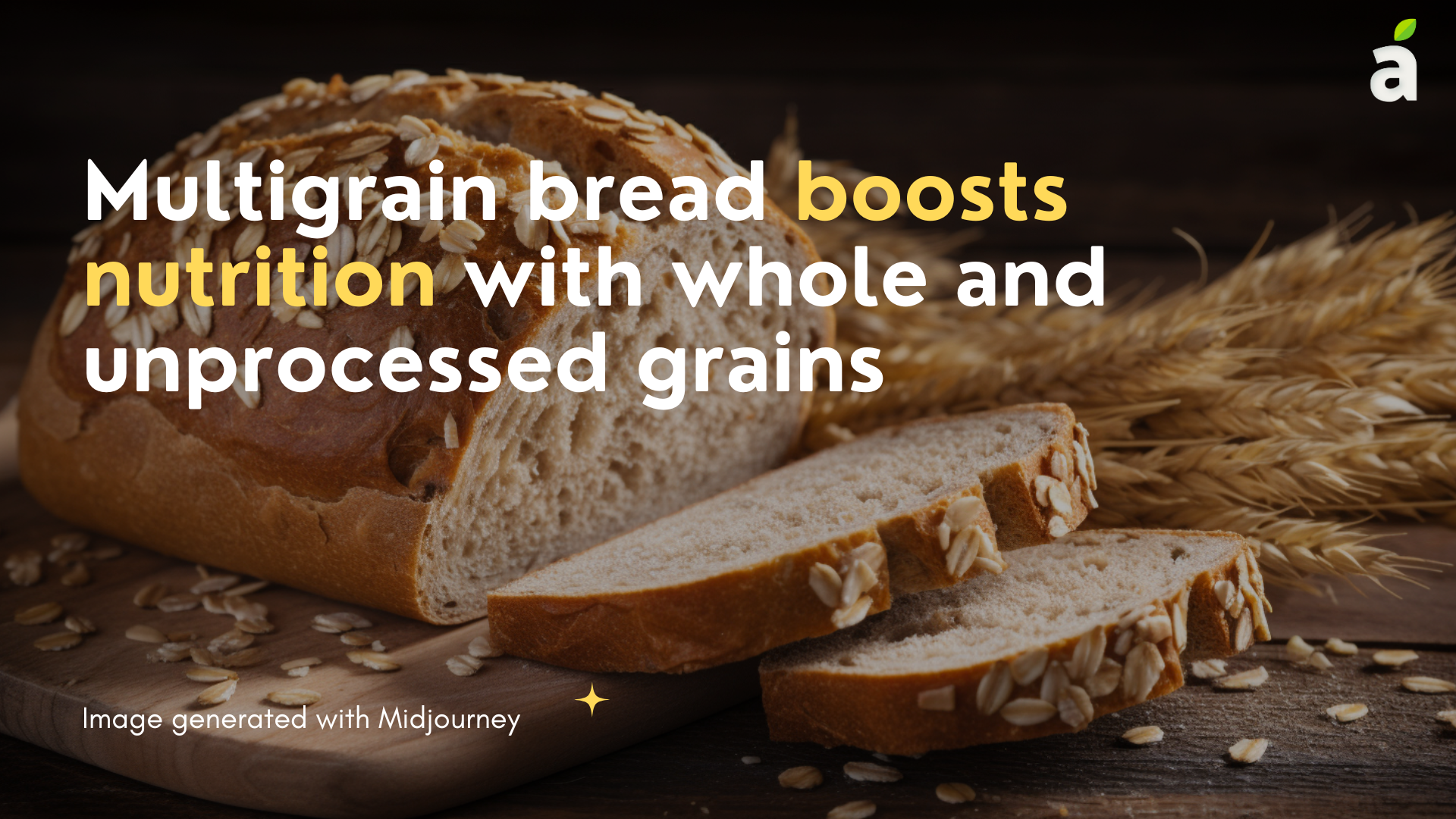Published Date January 24, 2003
Unlocking the Secrets of Cholesterol
By Naurin Ansari
3 min read
Last update date: January 24, 2003

Cholesterol is a crucial substance that is vital in various physiological processes in our bodies. However, an imbalance in your cholesterol levels can pose significant health risks. This blog aims to shed light on the nature of cholesterol, the risk factors associated with elevated levels of cholesterol in your body, the impact it can have on children, and the dietary choices you should make to avoid high cholesterol.
What is Cholesterol?
Cholesterol is a waxy, fat-like molecule that exists in all of your cells. It is essential for the production of hormones, vitamin D, and chemicals that aid in digestion. Your liver is responsible for producing the cholesterol your body needs, but it can also be obtained from certain foods, such as egg yolks, meat, and cheese.
It's important to understand that there are two primary types of cholesterol. Low-density lipoprotein (LDL) cholesterol, often known as "bad" cholesterol, contributes to plaque formation and artery narrowing. On the other hand, high-density lipoprotein (HDL) cholesterol, referred to as "good" cholesterol, helps remove LDL cholesterol from your bloodstream, reducing the risk of plaque buildup. [1]
Risk Factors that Elevate Cholesterol Levels
Several factors can increase your chances of having high cholesterol. It's essential to be aware of these risk factors and make informed choices to manage your cholesterol levels effectively. Here are some factors that can raise your risk:
- Poor dietary habits: Consuming excessive amounts of saturated or trans fats can significantly raise your cholesterol levels. Be cautious of foods like fatty meat cuts and full-fat dairy products. Packaged foods and sweets often contain trans fats, so it's important to read food labels and make healthier choices.
- Obesity: If your body mass index (BMI) is 30 or higher, you're at a higher risk of having high cholesterol. Maintaining a healthy weight through balanced eating and regular exercise can help manage cholesterol levels.
- Lack of physical activity: Leading a sedentary lifestyle contributes to higher cholesterol levels. Regular physical activity, such as aerobic exercises, can increase your levels of high-density lipoprotein (HDL) or "good" cholesterol, which helps remove low-density lipoprotein (LDL) or "bad" cholesterol from your bloodstream.
- Smoking: Smoking cigarettes not only damages your lungs but can also lower your levels of HDL cholesterol, the "good" cholesterol. Quitting smoking can positively impact your cholesterol levels and overall health.
- Alcohol consumption: Excessive alcohol consumption can raise your total cholesterol level. It's important to drink alcohol in moderation or avoid it altogether to maintain healthy cholesterol levels.
Additionally, factors such as age, family history of high cholesterol, diabetes, and hypothyroidism can also contribute to elevated cholesterol levels. By understanding and addressing these risk factors, you can take proactive steps toward managing your cholesterol and reducing the risk of developing heart disease.
Making healthier lifestyle choices, such as adopting a balanced diet, engaging in regular physical activity, quitting smoking, and moderating alcohol intake, can have a significant impact on your cholesterol levels and overall cardiovascular health.[2]
Cholesterol in Children
It's important to understand that even children can be affected by cholesterol issues. Elevated cholesterol levels during childhood can raise the risk of developing heart disease in the future. Factors such as genetic predisposition, obesity, and an unhealthy diet can contribute to high cholesterol in children. As a parent, you play a crucial role in promoting your child's well-being. Here are some key points to consider:
- Encourage a nutrient-dense diet: Ensure that your child consumes a diet rich in nutrients including plenty of fruits, vegetables, whole grains, lean proteins, and healthy fats in their meals. Avoids excessive intake of saturated and trans fats such as processed foods and sugary snacks.
- Promote physical activity: Encourage your child to engage in regular physical activity. Active children are less likely to develop high cholesterol levels. Encourage outdoor activities and regular exercise to help maintain healthy cholesterol levels.
- Maintain a healthy weight: By promoting a balanced diet and an active lifestyle, establishing healthy habits early on. This will help your child maintain a healthy weight because obesity is a risk factor for high cholesterol in children.
- Regular cholesterol screenings: Children should have their cholesterol levels checked at ages 9-11 and 17-21 years. If they have risk factors such as diabetes, obesity, or a family history of high cholesterol, they should be tested between 2 and 8 years old, and again between 12 and 16.
By proactively monitoring and managing your child's cholesterol levels, you can reduce their risk of developing heart disease later in life. Through a combination of a healthy diet, regular physical activity, and regular check-ups, you can support your child's overall well-being and promote optimal cholesterol levels during their formative years.[3][4][5]
Foods to Avoid When Dealing with High Cholesterol
When it comes to managing cholesterol levels, it's important to be mindful of your dietary choices. Certain foods can significantly contribute to high cholesterol levels, while others can help lower it. Here are some tips for making healthier food choices:
- Fried foods: Deep-fried favourites like chicken wings, mozzarella sticks, and onion rings tend to be high in cholesterol. They also have a higher calorie count due to the frying process. Consider using an air fryer or baking foods like potato wedges and chicken at a high temperature to achieve a crispy texture without excessive oil. Alternatively, try using a small amount of olive oil for a healthier frying option.
- Baked goods: Cookies, cakes, and pastries often contain substantial amounts of butter and shortening, which can raise cholesterol levels. You don't have to completely give up desserts, though. Make simple substitutions by using apple sauce or mashed bananas instead of butter when baking. You can also opt for healthier dessert options, such as low-fat frozen yogurt topped with fresh berries.
Remember, a well-balanced diet plays a crucial role in managing cholesterol levels. Avoid foods high in saturated and trans fats, such as fatty meats, full-fat dairy products, processed snacks, and deep-fried foods. Instead, focus on consuming a variety of fruits, vegetables, whole grains, lean proteins, and healthy fats found in nuts, seeds, and avocados.
By making these dietary changes and incorporating more heart-healthy foods into your meals, you can effectively lower cholesterol levels and support your overall well-being.[6]
Takeaway
Maintaining healthy cholesterol levels is vital for your overall well-being and long-term cardiovascular health. By understanding the nature of cholesterol, recognizing your own risk factors, monitoring cholesterol in your children, and making informed dietary choices, you can take proactive steps toward managing your cholesterol levels effectively.
Incorporating these lifestyle changes, along with regular exercise and medical consultations, can significantly contribute to maintaining healthy cholesterol levels and reducing your risk of heart disease. At the same time, it is essential to consult a healthcare professional for personalised advice and guidance on managing your cholesterol levels based on your individual needs and health conditions.
References
- https://www.heart.org/en/health-topics/cholesterol/about-cholesterol
- https://www.mayoclinic.org/diseases-conditions/high-blood-cholesterol/symptoms-causes/syc-20350800
- https://www.healthline.com/health/high-cholesterol/levels-by-age#children
- https://www.health.harvard.edu/heart-health/4-foods-not-to-eat-if-you-have-high-cholesterol
- https://www.medicalnewstoday.com/articles/317332
- https://www.health.harvard.edu/heart-health/4-foods-not-to-eat-if-you-have-high-cholesterol
Keep reading

The germination of the seed
It is expected of women to take the utmost care during pregnancy. They are given a list of do’s and don’ts during pregnancy and even after delivery
By Hetvi Shah

Take control of rising cholesterol levels at menopause
All about LDL, HDL, heart-healthy diet and cholesterol.
By Naurin Ansari

The Dark Side of Chocolate
By Hetvi Shah

The Marvels of Multigrain Bread
By Naurin Ansari
Choose Healthy With Us.
Know the real truth about your food. Stay informed and healthy, for free.

Download the App Now
Certified nutritionists trust our food recommendations. Safe to say, so can you :)











